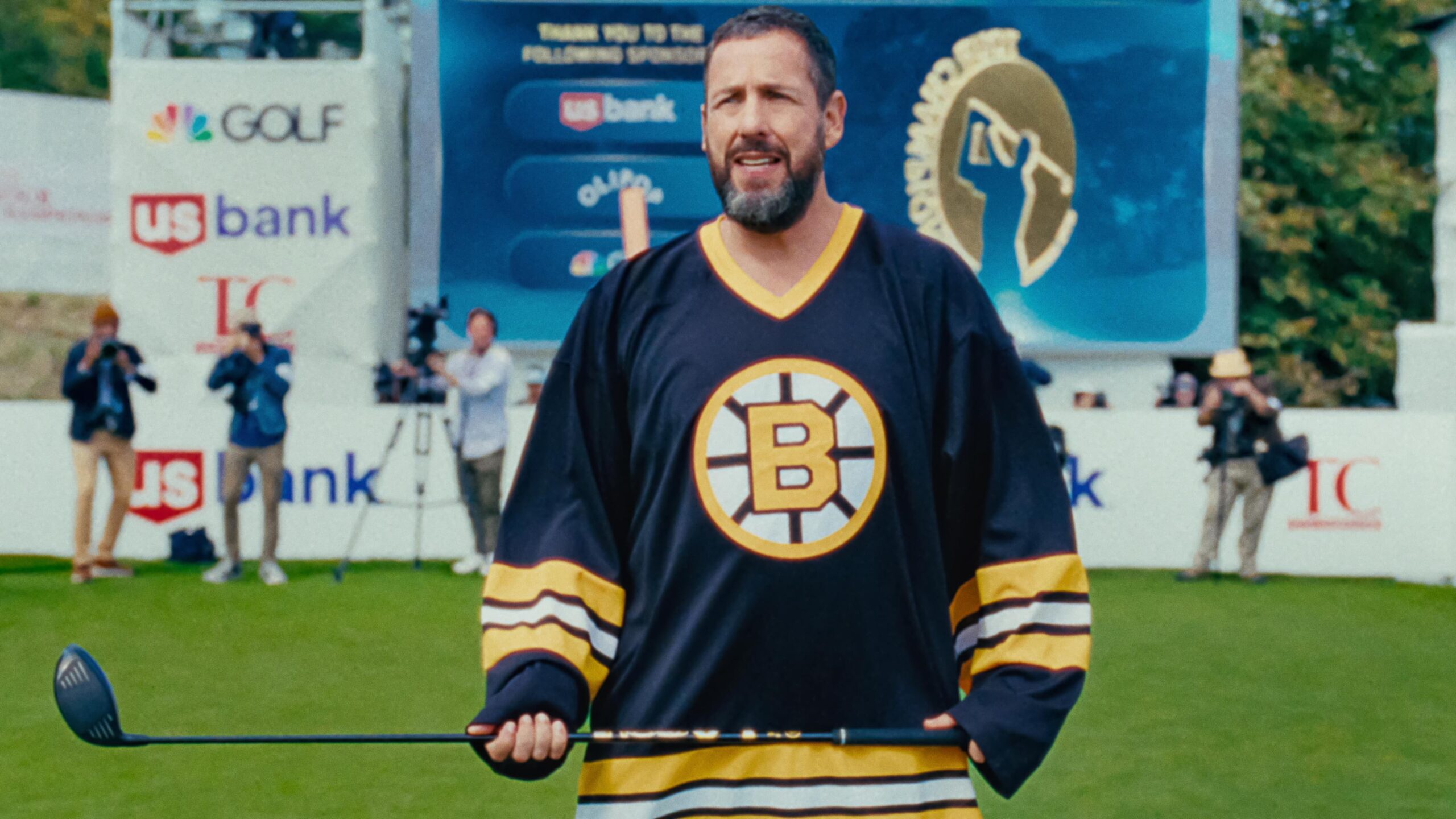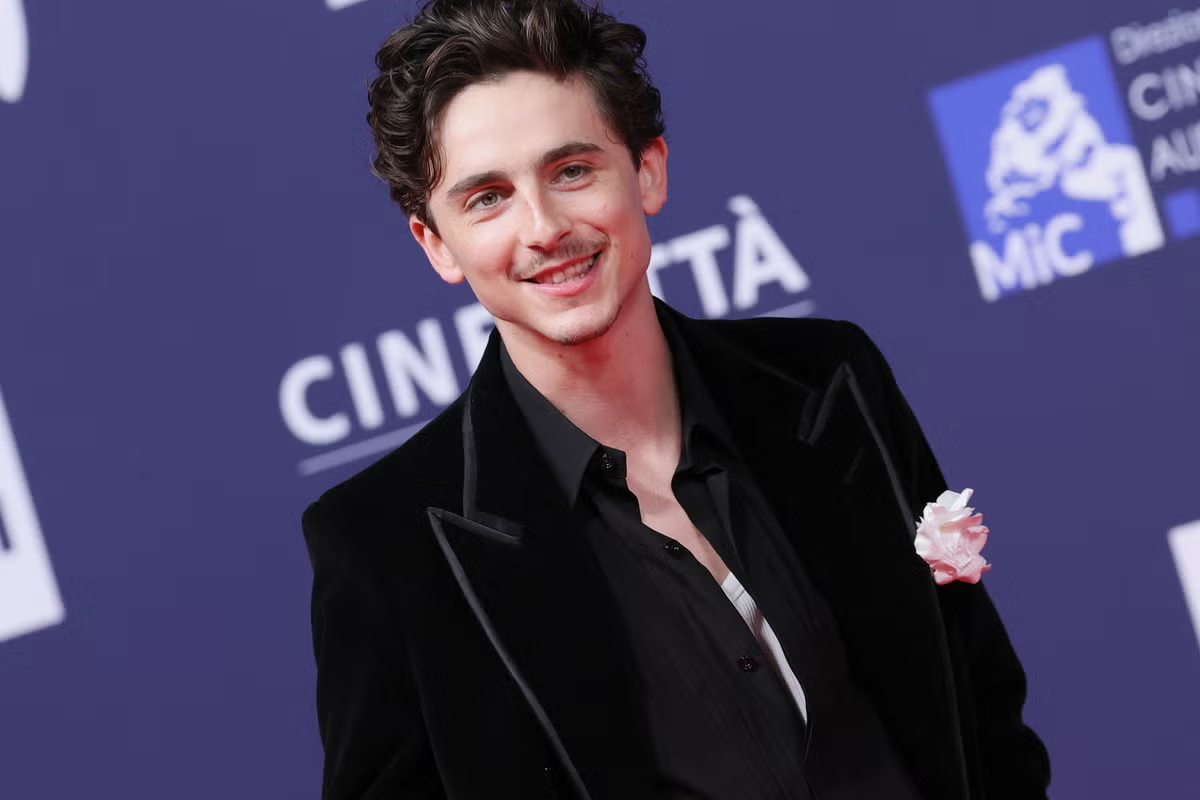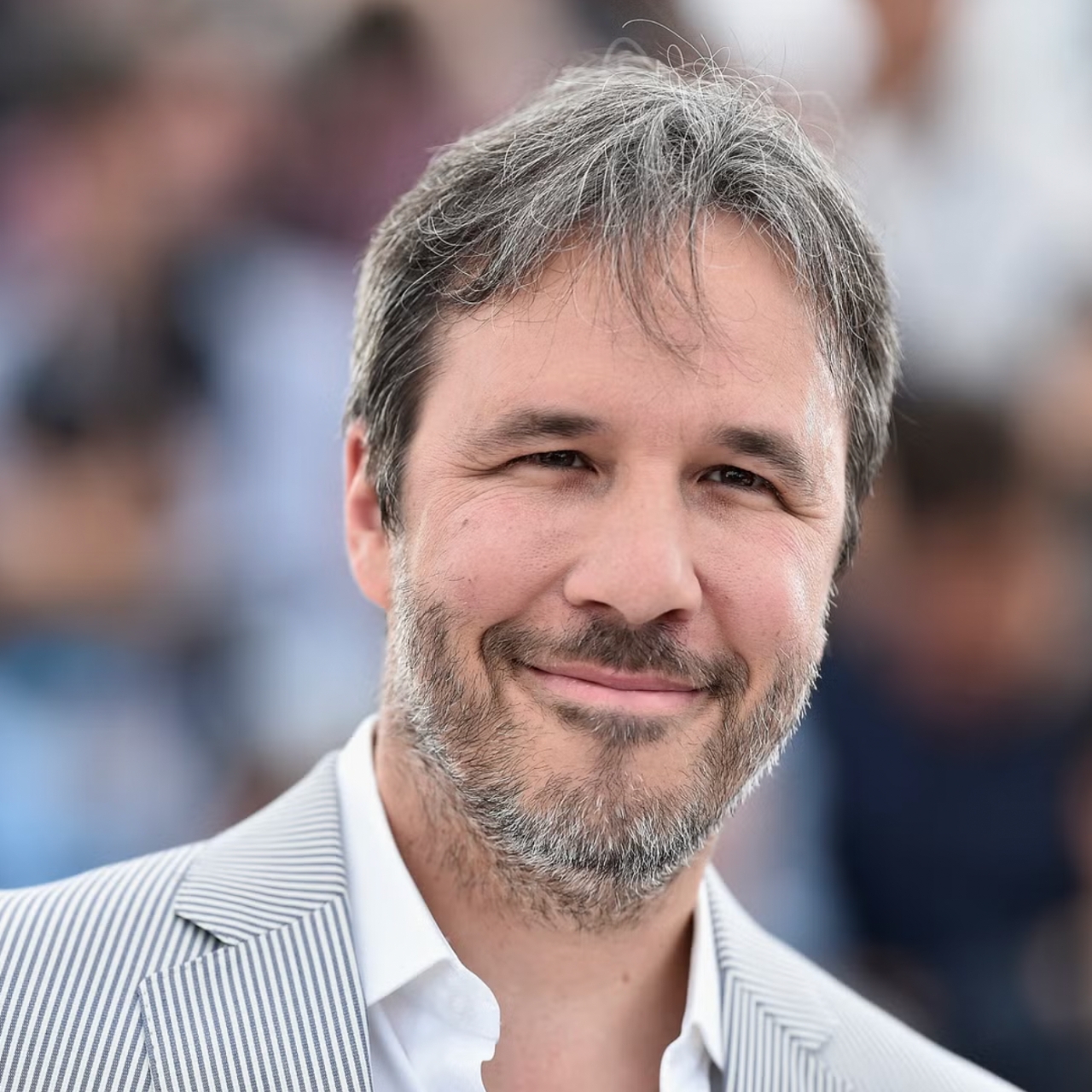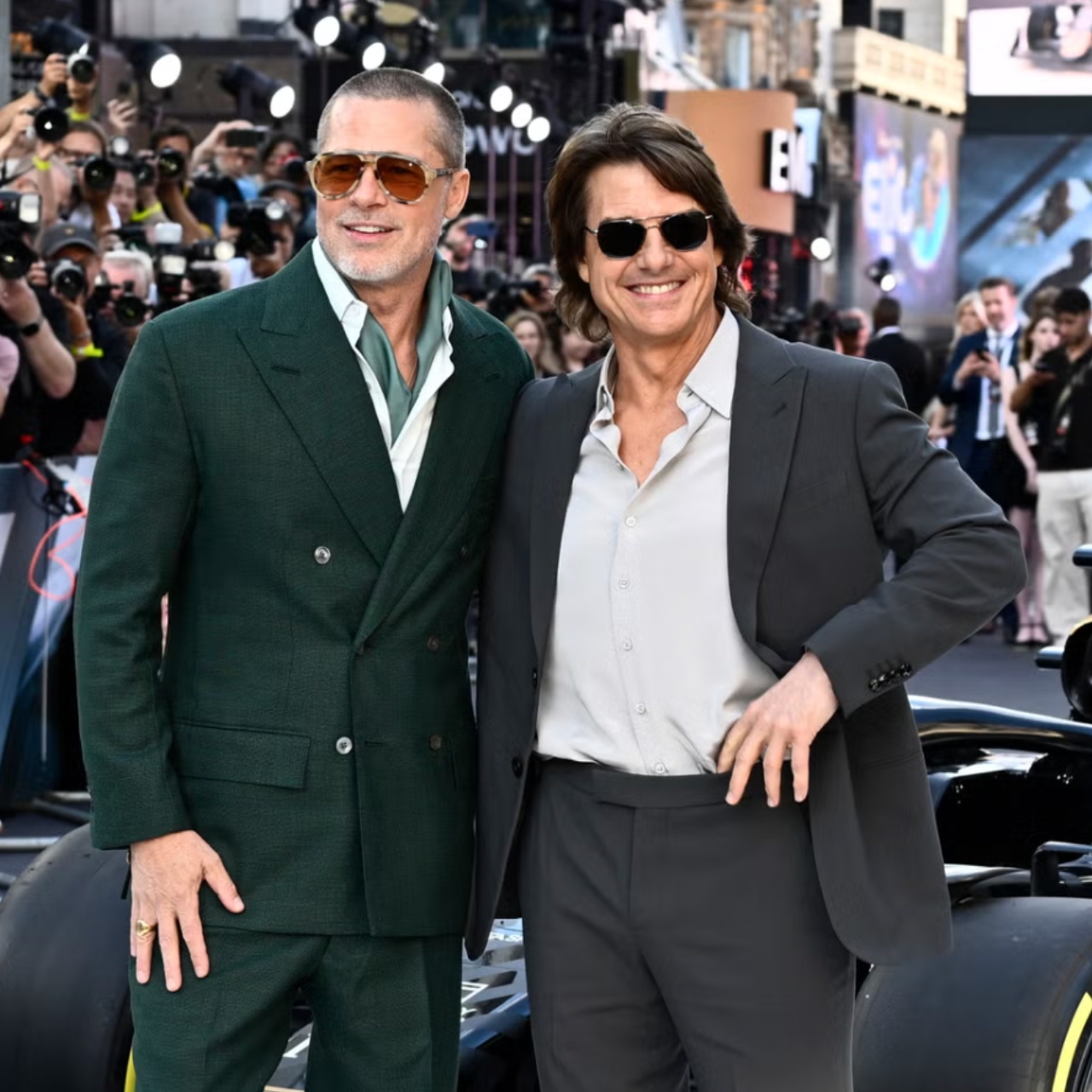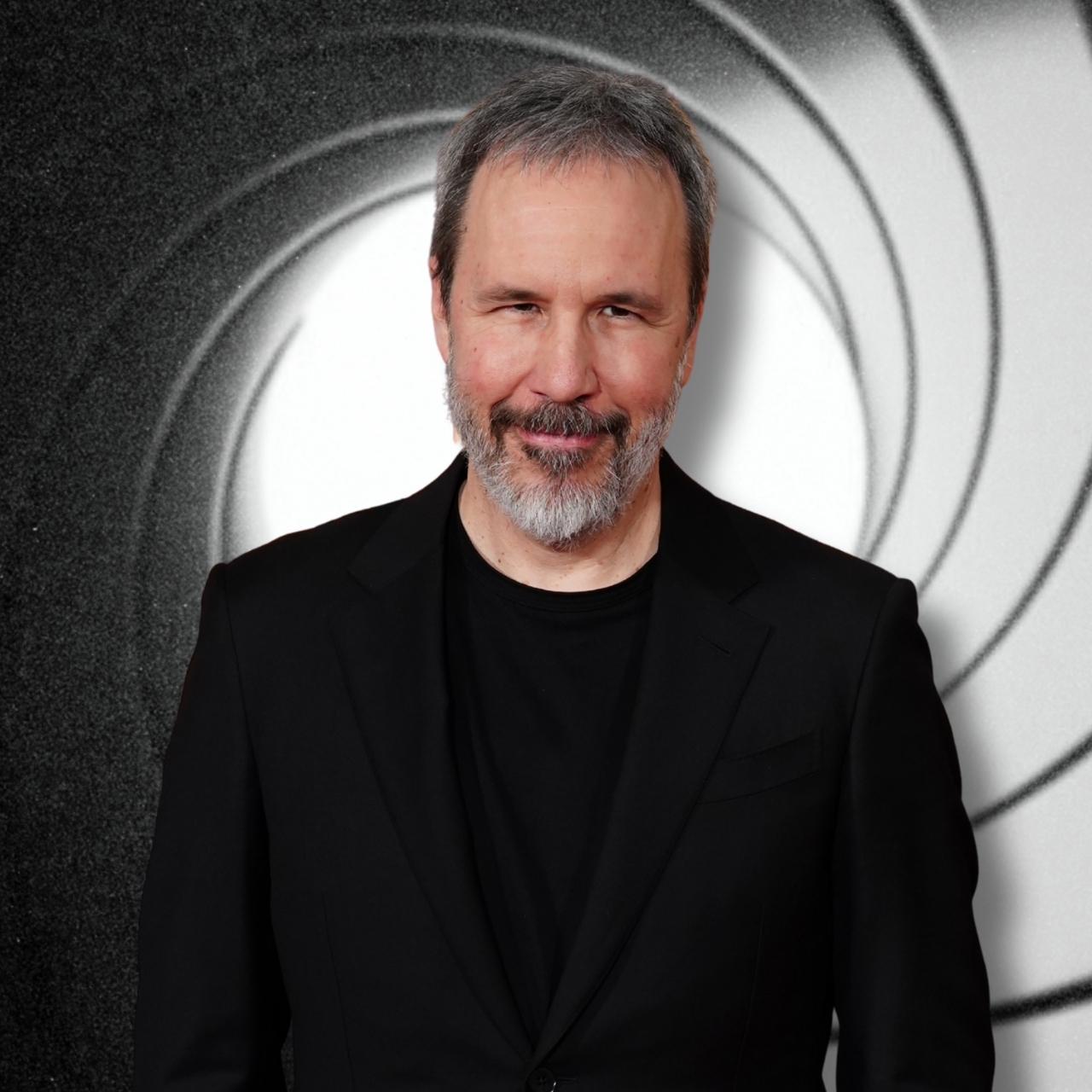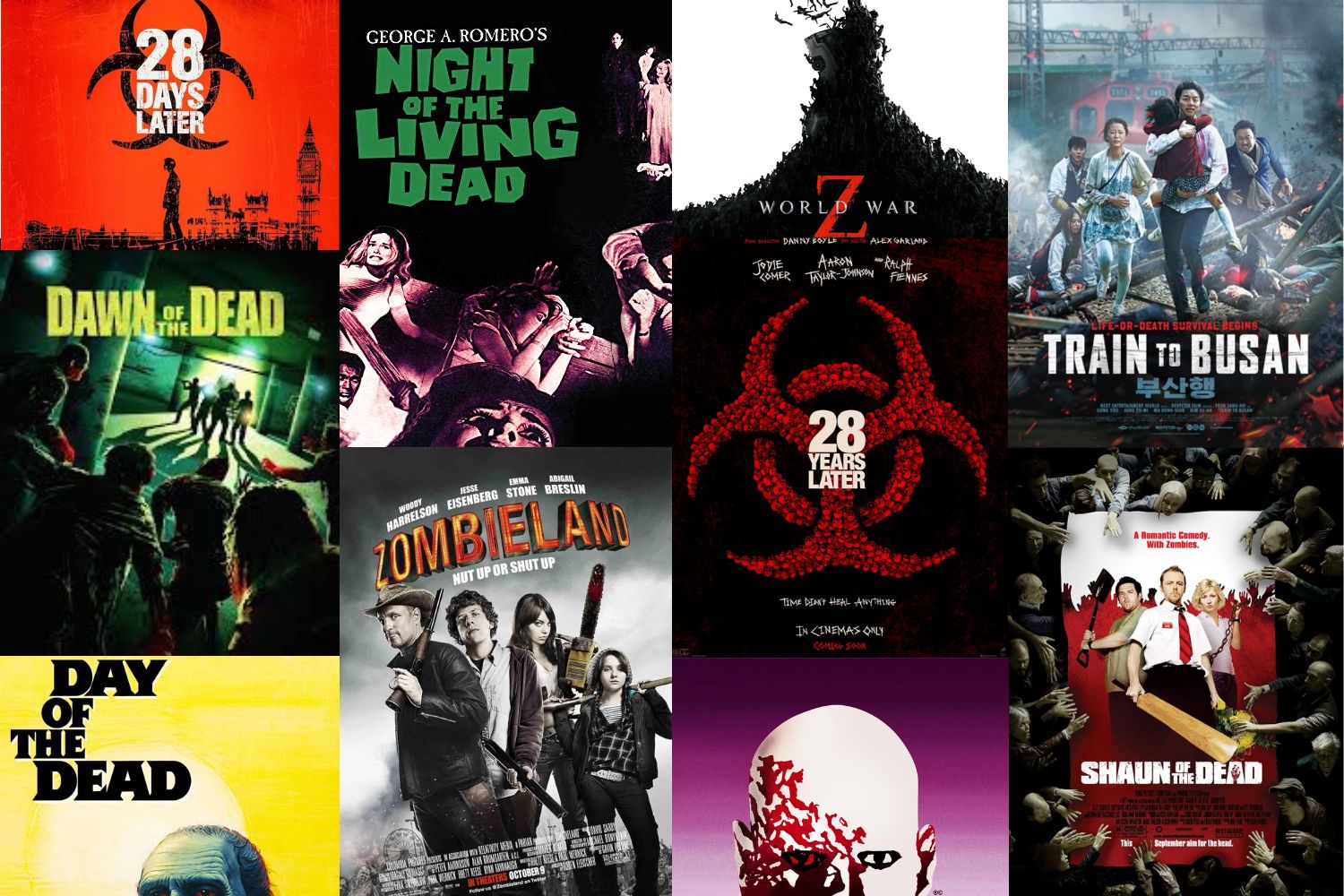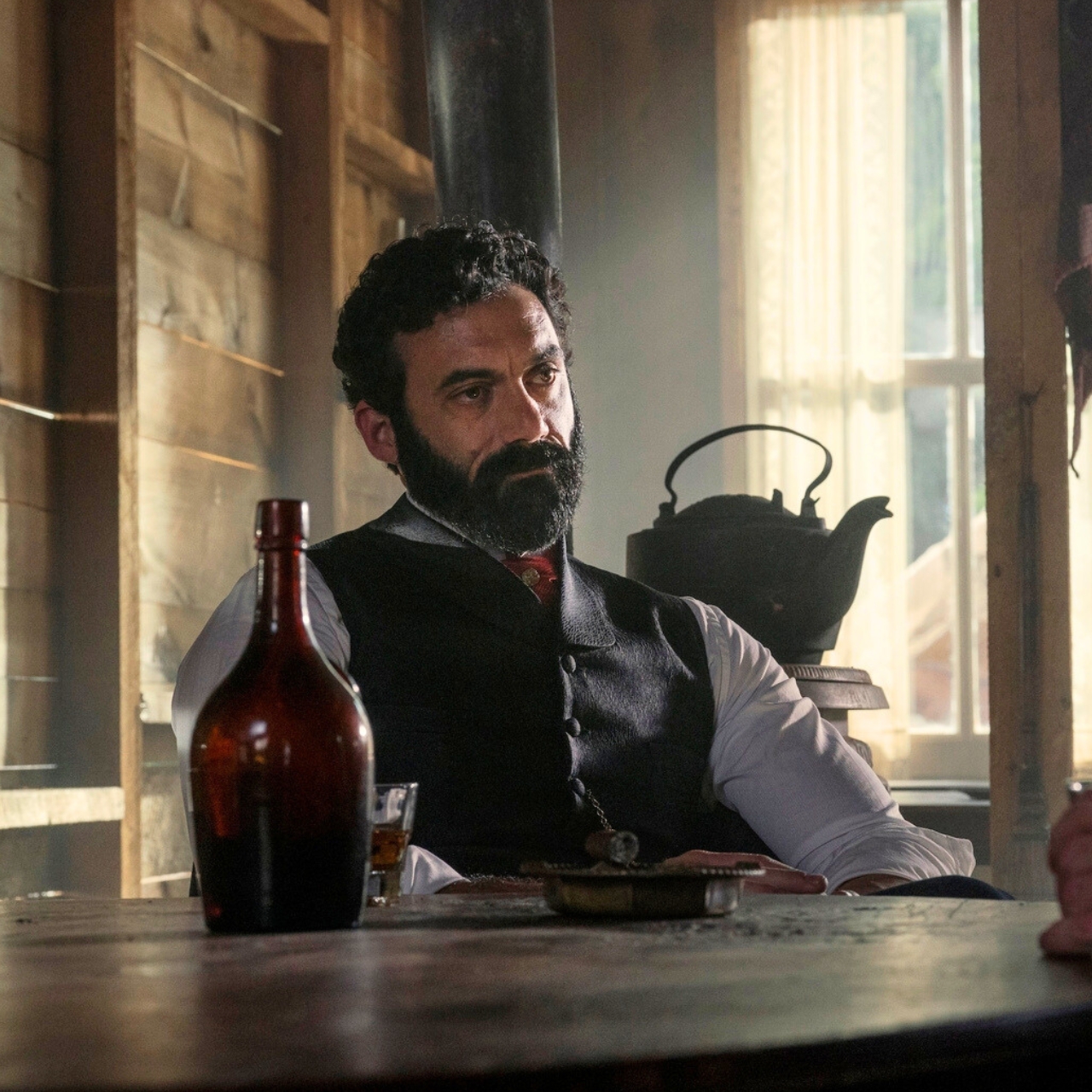Marvel killed the movie star, and Chris Evans agrees
Chris Evans has surprisingly supported Quentin Tarantino’s argument on the Marvel-isation of Hollywood and that Captain America is the star, not him.

WHILE WORKING TOGETHER on the set of Don’t Look Up in 2021, Leonardo DiCaprio gave Timothée Chalamet some advice on advancing his flourishing career. “No hard drugs and no superhero movies,” DiCaprio bluntly told Chalamet. Avoiding hard drugs is an obvious suggestion here, as the allure of the illicit has been the downfall of many up-and-coming Hollywood stars, but the more telling aspect of DiCaprio’s counsel is his aversion to superhero movies, a distaste which has since been shared by other industry heavyweights, namely Quentin Tarantino.
Tarantino has done many things throughout his career, from popularising stylised—and sometimes gratuitous—violence on the big screen, to spending an uncomfortable amount of time filming Margot Robbie’s feet—get it together Quentin. But one thing he’s never done is direct a superhero movie. That’s because the Oscar-winning filmmaker has always harboured an antipathy towards the genre due to its impact on Hollywood, and he hasn’t been one to hide it.
Last year, Tarantino made headlines when he admitted he wasn’t impressed with the direction the film industry was heading, suggesting that Marvel has killed the movie star. “Part of the Marvel-isation of Hollywood is, you have all these actors who have become famous playing these characters, but they’re not movie stars,” he said. “Captain America is the star, or Thor is the star… it’s these franchise characters that become a star.”
What DiCaprio and Tarantino are referring to is the idea that superhero roles, which habitually make an actor’s name synonymous with that of the character they play, are career killers. These roles typically require actors to conform to pre-existing expectations of characters. Limiting their ability to flesh out a role, give their own interpretation or so much as deviate in any way from most peoples understanding of the character. This is because, in the case of most superheroes, the character was conceived and developed decades ago in source material that, while rarely read, is treated as religious scripture.
Given that Tarantino directly called out Marvel, the last place you’d expect him to find support is from an actor synonymous with the franchise. Nevertheless, Captain America himself, Chris Evans, has agreed with Tarantino’s argument that superheroes are the stars of Marvel films, not the actors—albeit with a slightly different angle on the subject. “That was the beauty of working on Marvel films. You never really had to be front and centre,” Evans said. “You know, [Tarantino’s] right. The character is the star. You’re there, but you don’t feel the burden of it.
“I would run away from the leading man role every time if I could,” Evans continued. “I’m not trying to fit into that box. So if a good supporting role comes along, I’m jumping at it. Just like Knives Out. I’m happy to be in an ensemble. I don’t need to carve out some sort of leading man niche for myself.”
While his sentiment is genuine, Evans is an outlier. As an actor who’s already made his name, earned his millions and filled his mantelpiece with accolades. He doesn’t need to be the leading guy anymore—or work another day in his life if he doesn’t want to… but that’s another story. However, the next generation of promising actors who want to earn critical acclaim as well as a pay check are struggling to emerge in a landscape where the biggest roles pigeonhole you for life and the character will always be bigger than the actor.

Why are superhero movies career killers?
By taking on superhero roles, actors are conceding that they’ll never be bigger than the iconic characters they play. These roles are hardly rewarding either, and are anything but impactful. A superhero stint is not going to earn you an Oscar nomination. And once actors are known as a superhero, it can be difficult for them to shake the monikers and expand their range into other roles. If you don’t believe me or the career-killing capabilities of superhero roles, let’s take a look at the case of Tom Holland.
Holland, once—and perhaps still—considered the darling poster boy of Hollywood’s next generation, has struggled to separate himself from the general (less film-obsessed) public’s perception of him as ‘the Spider Man actor’. If you Google ‘Tom Holland movies’, the first five results are Spider Man and Avengers films. Next up it’s the critically mediocre Uncharted, followed by forgettable appearances in The Impossible and Cherry. I’m a huge fan of Holland, but until he proves otherwise, he’ll remain firmly entrenched as Spider Man and not much else (sorry Tom, at least you have Zendaya’s shoulder to cry on).
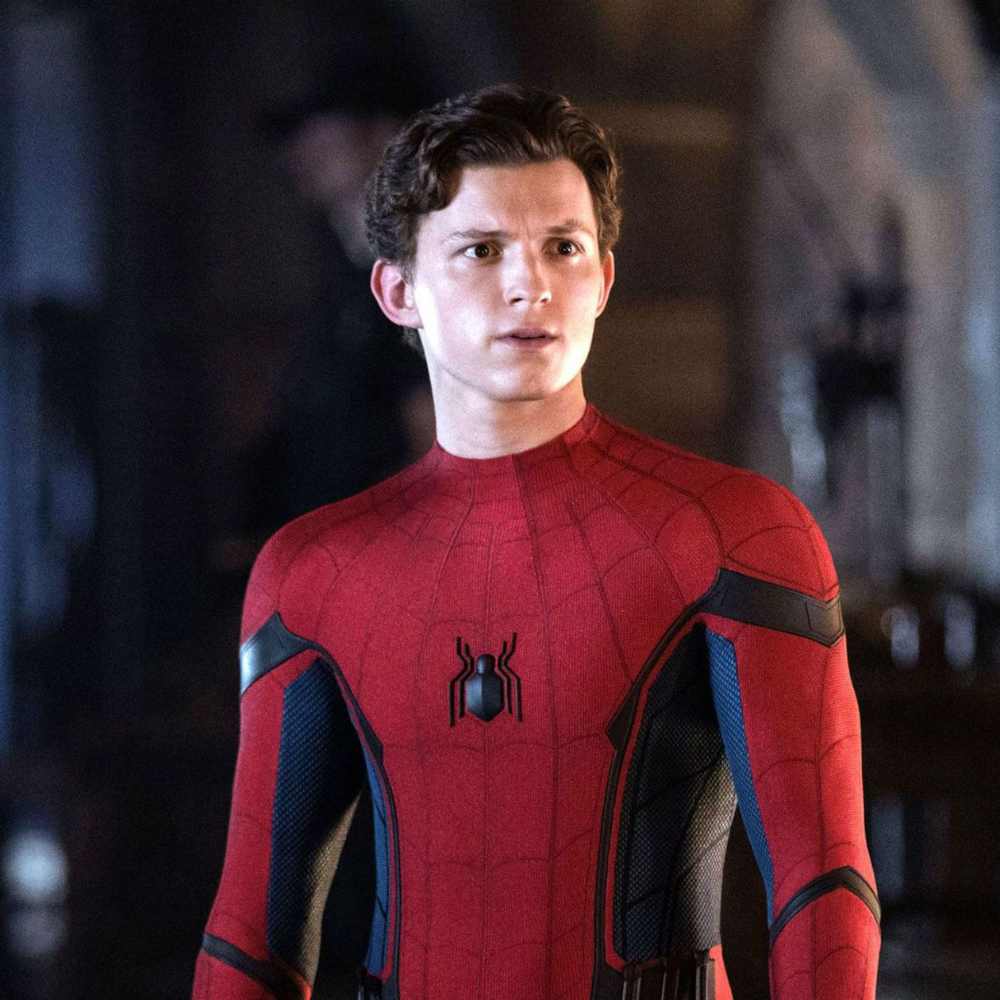
In the past, actors have been able to resist being defined by a single role. Marlon Brando is the Godfather, Vito Corleone, but he’s also the enigmatic Colonel Kurtz, two roles that left a lasting impact on film culture, largely because Brando was given the freedom to deliver his own interpretation of the characters.
Chris Hemsworth is only Thor, Chris Evans is only Captain America, and Tom Holland is only Spiderman. Everyone knows these guys, but know one is saying they’re the world’s best actors—the type that gets Oscar nominations. That’s not because they don’t have the acting chops to kick it with the celebrated big boys the Academy adores, but because they haven’t had the opportunity to showcase their talents in a nuanced role, one that would distinguish them from the superheroes they’ve so frequently brought to life.
Timothée Chalamet on the other hand, Hollywood’s other next-gen darling, evidently listened to DiCaprio’s advice and has avoided superhero movies. Instead, Chalamet has lent his talents to a wide range of critically acclaimed films, including Call Me By Your Name (for which he earned an Oscar nomination for best actor), Dune (sci-fi is different than superheroes), Little Women, Beautiful Boy, and his most adventurous role to date, Wonka. Oh, and he’s also dating Kylie Jenner.

How have superhero movies changed Hollywood?
Tarantino doesn’t only take issue with superhero movies causing the death of the modern movie star, he laments the genre’s impact on the film industry at large. “They’re the only things that seem to generate any kind of excitement amongst a fan base or even for the studio making them,” he said. “They’re the entire representation of this era of movies right now. There’s not really much room for anything else.”
I have to side with Tarantino on this one. You can’t deny the fact that superhero movies have dominated the box office in recent years, and ultimately, they will define the current era in filmmaking. The impact of prioritising well-known characters that will attract audiences over giving talented actors a chance to explore new material has started to rub off on other franchises, too. After all, Barbie is 2023’s highest grossing film so far. And while Margot Robbie and Ryan Gosling are terrific, accomplished actors in their own right, the characters of Barbie and Ken were by no means blank slates. They have predetermined personalities developed from years of lore and world-building.
Barbie has been a huge box office success, but you have to wonder if it will prove to be Robbie and Gosling’s magnum opuses. Will they ever be able to move beyond the restrictions enforced upon them by playing these iconic characters? Or will they forever be known as Barbie and Ken?
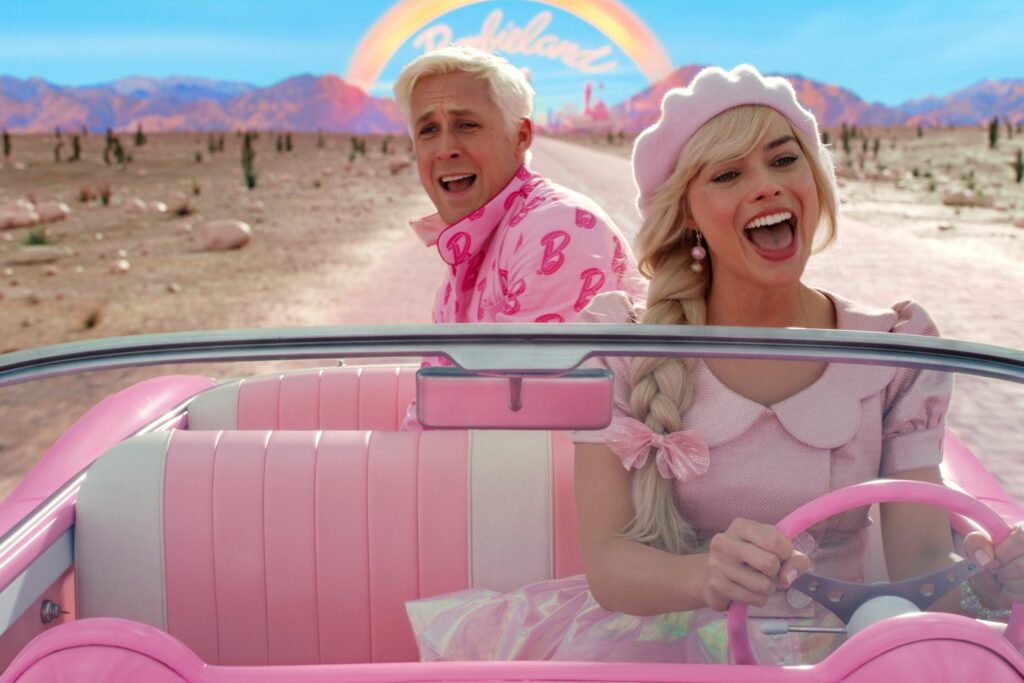
Studios don’t write characters for actors to interpret anymore, or leave room for them to bring layers of nuance to their portrayals. Rather, they offer them dull archetypes of heroes or villains that leave little for the actor to do other than read their lines in front of a green screen while doling out the requisite number of ass-kickings. I’m not advocating for the return of the bygone times when big-name actors were the only drawcard of a movie. You know, back when an actor’s name would appear on a film poster before the actual title of the film. “Jane Russell and Marilyn Monroe star in… Gentlemen Prefer Blondes” immediately comes to mind. But it would be nice if you could gauge whether a film is worth seeing by the glowing reviews of an actor’s performance, rather than how many bad guys their famous character beats up.
There remains a glimmer of hope. Oppenheimer, the third highest grossing film of the year (behind The Super Mario Bros movie. Seriously.), featured a main character that audiences were familiar with, but hadn’t yet seen brought to life on the big screen. Who better to bring Robert Oppenheimer, the architect of destruction, to life than Cillian Murphy? Murphy’s portrayal of the father of the atomic bomb has him favoured to take home the Oscar for best actor, and it reminds us that the enduring power of cinema to draw in audiences is achieved by standout performances and compelling narratives, not repetitive caricatures.
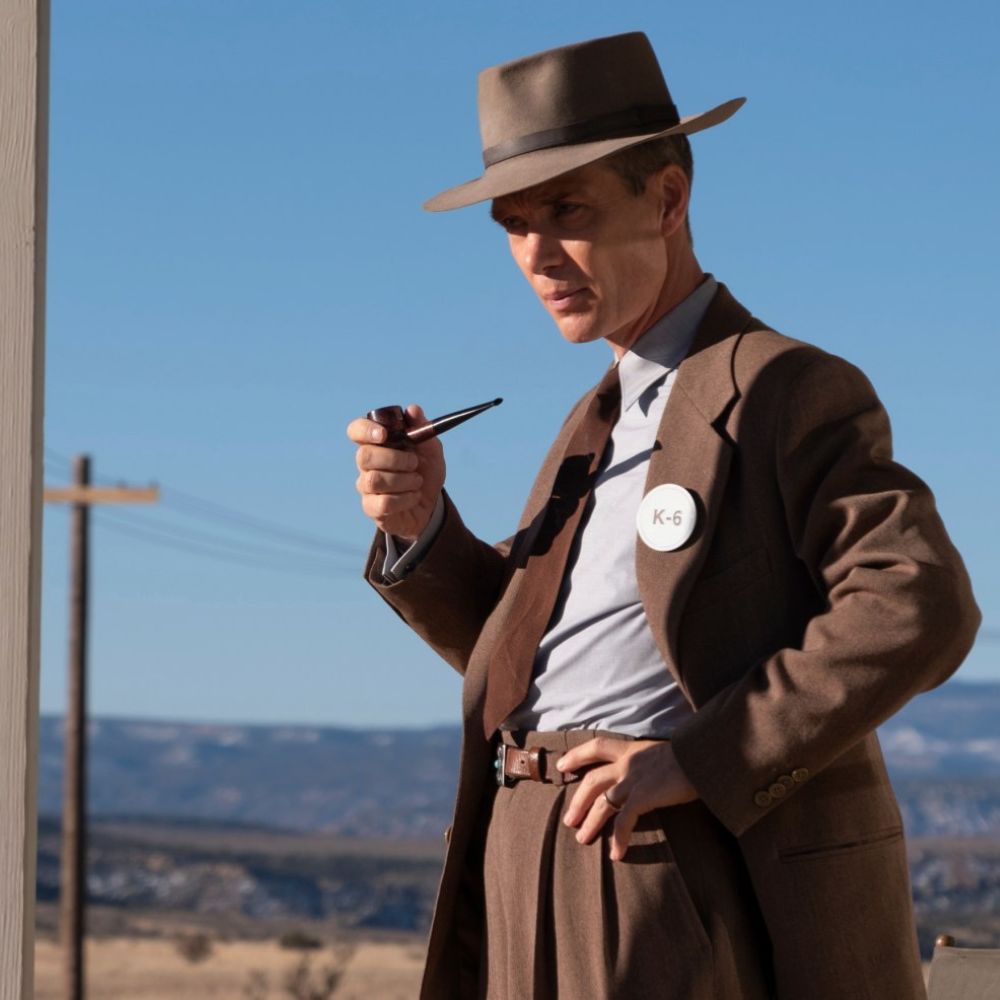
Related:









